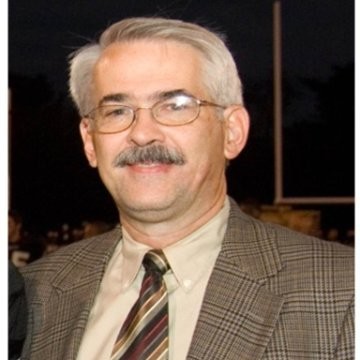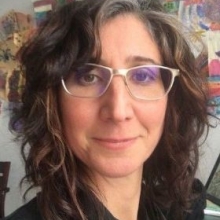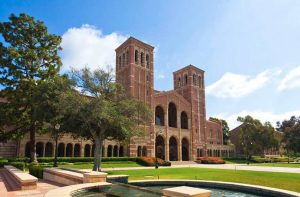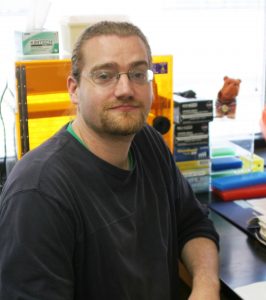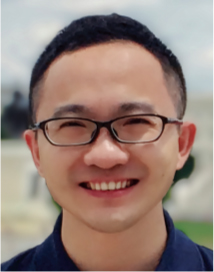A pioneer in the field of exosome biology engaged in research misconduct by reusing images he had falsely relabeled in two published papers and several grant applications, according to a U.S. government research watchdog.
The case goes back several years, as the scientist’s former institution seems to have been investigating his work for nearly a decade.
Douglas Taylor, who in the 1970s discovered that tumor cells release exosomes, “used falsely labeled images to falsely report data in figures, and in one finding, intentionally, knowingly, or recklessly plagiarized, reused, and falsely labeled an image to falsely report data in a figure,” according to the published finding from the U.S. Office of Research Integrity (ORI).
Continue reading Biotech exec stole an image and reused others while in academia, US federal watchdog says